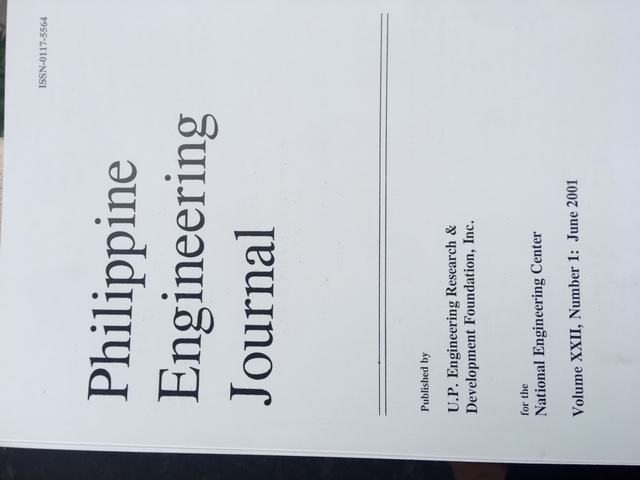Adding Value in Rice Production: A Case Study of Women’s Participatory Evaluation of a Rice Flour Mill in Central Luzon, Philippines
Abstract
In the rural rice growing areas in the Philippines, conversion of milled rice of flour, particularly of glutinous varieties, it is one of the traditional roles of women. Adding value to rice can be an important strategy in generating income to women. However, poor women still use the grinding stone in processing milled rice into flour. This requires considerable drudgery and takes too much time. Moreover, the output produced using this method, is wet flour which easily gets spoiled and contaminated. These constraints affect women’s potential in maximizing their income from processing rice food products.
The study was conducted: 1) to test, and evaluate the technical performance economic viability and its social acceptability by members of a women’s association; and; b) to identify the factors which can influence the successful adoption and sustainable use of this machinery at the village level. This study has shown that the rice flour mill has the potential for increasing women’s income. However, several factors should be considered such as: a appropriateness of the technology, provision of “hands-on” training on the operation and simple trouble shooting of the machine to women, facilitate women to organize themselves, foster close collaboration between social scientists and agricultural engineers, use a gender sensitive participatory approach with the involvement of the men and women in each stage of the research process and to target for full capacity utilization of the machine for economic viability.


